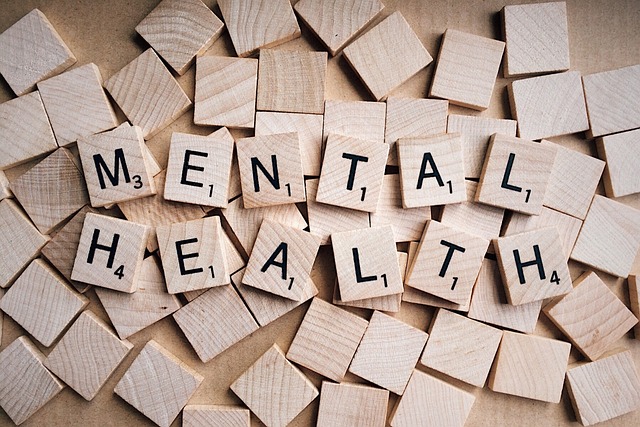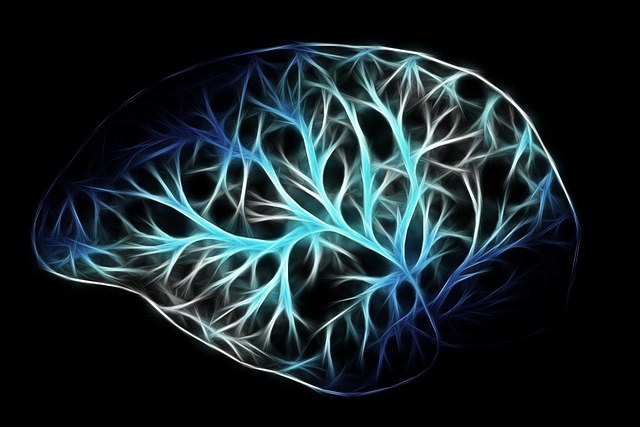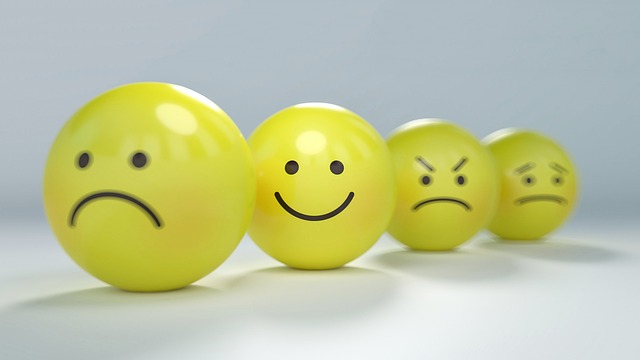“Psychological” pertains to the mind, emotions, and behavior, while “physiological” relates to the body’s physical processes and functions.
TL;DR Psychology Vs. Physiology
psychology focuses on mental processes, behavior, and emotions, physiology delves into the study of bodily functions and systems.
Psychology examines thoughts, feelings, motivations, and cognitive processes that shape human behavior. It explores topics such as perception, memory, learning, personality development, and psychological disorders.
Physiology investigates bodily functions like digestion, respiration, circulation, reproduction, sensory processing, and organ function.
What is Psychology?

Psychology is the scientific study of the mind and behavior. It explores mental processes, emotions, cognition, and social interactions to understand and explain human and animal behavior.
Psychologists employ diverse research methods to uncover patterns, motivations, and underlying mechanisms influencing individuals.
This field encompasses various branches, including clinical, cognitive, developmental, and social psychology, contributing insights to education, healthcare, business, and more. Psychology aims to enhance our comprehension of thought processes and behaviors, ultimately promoting well-being and addressing mental health challenges.
What is Physiology?

Physiology is the scientific study of the functions and mechanisms within living organisms that enable them to maintain life. It delves into the physical and biochemical processes underlying cellular, tissue, and organ functions, exploring how different systems work together.
Physiology covers a range of disciplines, including cardiovascular, respiratory, and neurophysiology, among others.
By examining the workings of biological systems, physiology seeks to comprehend how organisms respond to internal and external stimuli. This knowledge is essential for understanding health, disease, and the intricacies of bodily functions, providing a foundation for advancements in medical and biological sciences.
Psychology Vs. Physiology – Key differences
| Characteristic | Psychology | Physiology |
|---|---|---|
| Definition | Study of the mind and behavior | Study of the functions of living organisms |
| Focus | Mental processes, behavior, emotions | Physical and biochemical processes, functions of organs and systems |
| Subject Matter | Thoughts, feelings, consciousness | Biological mechanisms, cellular and tissue functions |
| Approach | Behavioral and cognitive perspectives | Biological and mechanistic perspectives |
| Research Methods | Surveys, experiments, observations | Experiments, clinical studies, observations |
| Subfields | Clinical, cognitive, social psychology | Cardiovascular, neurophysiology, respiratory physiology |
| Application | Mental health, counseling, education | Medicine, healthcare, exercise science |
| Examples | Studying memory, motivation, mental disorders | Investigating cardiovascular function, neural signaling |
| Professionals | Psychologists | Physiologists |
The Interconnection Between Psychology and Physiology
The interconnection between psychology and physiology lies in the intricate relationship between the mind and the body. While they are distinct disciplines, their intersection is evident in several ways:
- Biopsychosocial Model: Recognizing that biological, psychological, and social factors jointly influence health and behavior. This model emphasizes the integration of physiological processes with psychological and social determinants.
- Stress Response: Psychological stress triggers physiological responses, including the release of stress hormones (e.g., cortisol) and changes in heart rate. This bidirectional interaction between the mind’s perception of stress and the body’s physiological response exemplifies the connection.
- Neurotransmitters and Mood: Psychological experiences, such as emotions and mood, are closely tied to neurotransmitter activity in the brain. For instance, imbalances in neurotransmitters like serotonin can contribute to psychological conditions such as depression.
- Placebo Effect: Psychological factors influence physiological responses, as seen in the placebo effect. Believing in the efficacy of a treatment can lead to actual physiological changes, showcasing the mind’s impact on the body.
- Psychosomatic Disorders: Conditions where psychological factors contribute to physical symptoms. For example, chronic stress can manifest as physical ailments like headaches or digestive issues.
- Mind-Body Interventions: Practices like meditation and biofeedback demonstrate how psychological interventions can positively influence physiological functions, such as reducing stress hormone levels or improving cardiovascular health.
- Health Psychology: This field explores how psychological factors contribute to health and illness. Understanding how thoughts, emotions, and behaviors impact physiological well-being is integral to promoting overall health.
- Neuropsychology: Examining the relationship between brain function and behavior, highlighting the physiological basis of cognitive and emotional processes.
The bidirectional communication between psychology and physiology emphasizes the holistic nature of human experience. Changes in mental states can influence physiological responses, and vice versa, underscoring the need for an integrated approach to understanding and addressing health and behavior.
Examples of Psychological and Physiological Processes in Everyday Life
Psychological Processes
- Perception: Interpreting sensory information to make sense of the environment, such as recognizing faces or interpreting visual illusions.
- Memory: Recalling past experiences, like remembering a friend’s name or recalling events from a vacation.
- Emotion: Experiencing feelings like happiness, sadness, or excitement in response to various stimuli or events.
- Cognition: Engaging in problem-solving, decision-making, and critical thinking in daily tasks.
- Motivation: Pursuing goals, whether it’s studying for an exam, exercising for fitness, or achieving career objectives.
- Learning: Acquiring new knowledge or skills, such as learning a language or mastering a musical instrument.
- Social Interaction: Navigating relationships, expressing empathy, and understanding social cues during conversations.
- Stress and Coping: Responding to stressors and employing coping mechanisms to manage stress in daily life.
Physiological Processes
- Respiration: Inhaling and exhaling air to supply oxygen to the body’s cells, crucial for everyday activities.
- Digestion: Breaking down food into nutrients and energy, supporting overall bodily functions.
- Circulation: Pumping blood through the cardiovascular system to deliver oxygen and nutrients to tissues.
- Hormonal Regulation: Release of hormones to regulate metabolism, growth, and stress responses.
- Sleep-Wake Cycle: Alternating between periods of wakefulness and sleep for restorative and cognitive functions.
- Temperature Regulation: Maintaining body temperature within a narrow range for optimal physiological functioning.
- Muscle Contraction: Voluntary and involuntary muscle movements involved in activities like walking or gripping objects.
- Neurotransmission: Communication between nerve cells, facilitating cognitive processes, sensory perception, and motor functions.
Image Credits
Featured Image By – Gino Crescoli from Pixabay
Image 1 By –
Image 2 By –









